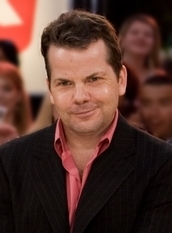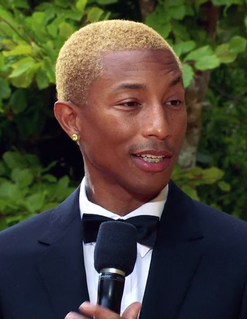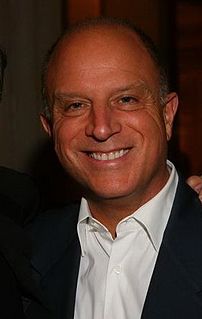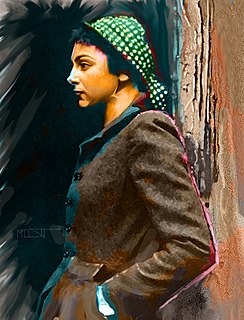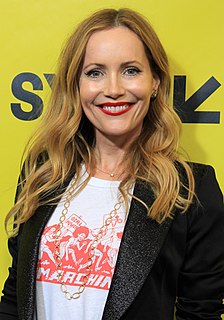A Quote by Bruce McCulloch
But we wanted to work in a way we never had, which was write everything together. We had to face each other in the same creative room, which gets tougher as you get older, because you don't want to be confrontational.
Related Quotes
More than anything, I wanted to make sure that everybody was a pusher of difference. And they had to be able to do it in a communicative way, not esoterically. Because there are a lot of people who push things forward but sometimes only you and two people out of 500 in the room get it, but you want somebody who has mastered their craft so well that an 8-year-old gets it just like an 80-year-old gets it. They get the same visceral feeling.
How do you get the protagonists and antagonists together, in the same space, without somebody having to die? So, we ended up having to tell two distinct stories, which is never the ultimate way to create a great serialized drama. So then, of course, we had the tragedy with Andy [Whitfield], which made everything very difficult and pushed back.
What is always overlooked is that although the poor want to be rich, it does not follow that they either like the rich or that they in any way want to emulate their characters which, in fact, they despise. Both the poor and the rich have always found precisely the same grounds on which to complain about each other. Each feels the other has no manners, is disloyal, corrupt, insensitive - and has never put in an honest day's work in its life.
The whole aspect of the universe changes with this new conception. The idea of force governing the world, of pre-established law, preconceived harmony, disappears to make room for the harmony that Fourier had caught a glimpse of: the one which results from the disorderly and incoherent movements of numberless hosts of matter, each of which goes its own way and all of which hold each other in equilibrium.
Ellen [Page] and I had only met a couple of times, but had mutual admiration for each other's work. When I first heard about the film [Into the Forest], I was excited to get a chance to work with one of my peers because it's usually one or the other. You don't get to work with all of the other actors that you're usually competing with.
I mean, when I got to Brown, the place was riven, because you had older professors who were basically new critics and had been teaching a certain way for 30 years. And then you had this other gang who was down with the semiotic program. And as a student, you were, in a way, forced to choose which cohort you were going with.
What I loved about [The Other Woman] movie was the same thing. It was three women who would never have come together for any other reason except that they had something in common which was this common cause, and that's really the feeling that I wanted this movie to have. It was a huge influence for it.
They were so much alike and they become best friends. It was a wonderful relationship. They respected each other, and they never put each other down. With every step they took together, they were happy. There was no envy or jealousy; there was no control, there was no possessiveness. Their relationship kept growing and growing. They loved to be together because when they were together, they had alot of fun. When they were not together, they missed each other.
It's not like I was trying to be sexy but I had to get fit because I had to be able to do stunts. Also I wanted that, if Bond took his clothes off, he looked like a man who did what he did, which was kill people for a living. I thought the only way to do that was to work out and get fit and buff and get physically into shape.
